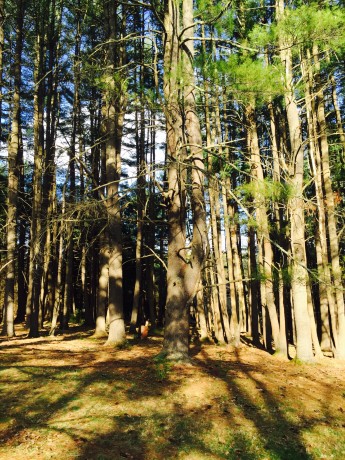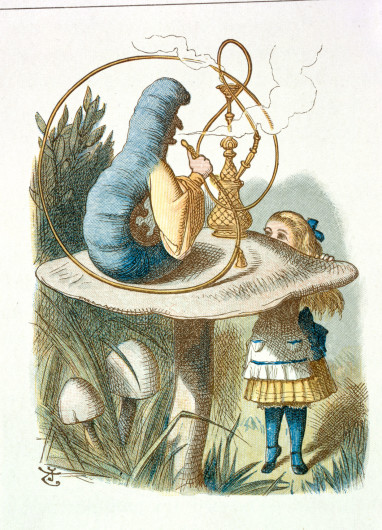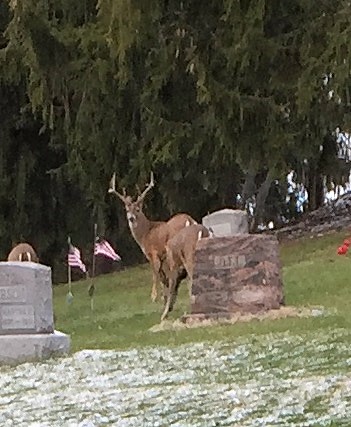
Can’t See the Forest for the Trees
The Forest, Delaware River, Pennsylvania
When I was younger I believed that the “big picture” – the forest – was the best way to see the world. I took on large issues, especially in college, that I believed in and I approached them from a large organizational view point. I was a member of the H2O Club that valued environmental issues long before anyone was talking about water and its preciousness. Bottled water was not popular yet and Perrier had not invaded our shelves in plastic and glass containers. We tried to educate students about this. There were many issues including the boycott of grapes and Gallo Wine in support of migrant workers, as well as the practice of a plant centered diet rather than a meat centered diet. These were a few of my larger focused campaigns. I’m not sure I had a really big impact on these issues, but I felt connected to the cause and they shaped the way I think today. Today these issues remain and most have become more urgent and have revealed themselves to be even more complicated.
Recently I examined some of these same issues and I saw that I had become more of a “tree” person rather than the forest person. It doesn’t mean that the larger picture is unimportant to me. It does mean my perspective has changed. Some might ask has this position taken me out of the center of the problem and placed me at the periphery? I don’t believe that is true. It has allowed me to get very close to some issues and to evaluate them in an immediate way. For instance as a New Yorker I know the face of homelessness. As one who moves around the city the presence of it on the faces of so many people is difficult. There is the large social approach and charitable approach and certainly I do this, but I also find myself making a direct response to those in need not only with money, but also information. When a homeless person approaches me I try to engage with them and ask them if they have a place where they can get food and assistance. I often do give them some money and I work to treat each one with dignity and respect.
As I have said in other posts in my blog, this past year I have mourned the loss of many close and dear friends and family. It has been one of those years. Recently I was entering my church – St. Luke-in-the-Fields Episcopal – for a memorial service of a friend’s partner. As I entered I realized it was my 11th memorial service in less than a year. Why? Was it simply that I was aging and my friends as well and that more services would become the norm? But I thought a moment about that and realized that I was “lumping” together everyone and not seeing them as individuals. Each life had been lived in a unique way – with gifts and talents and careers and loves – and each one was a different age. Some were old, but there were many younger than me. I was privileged to spend precious time with many of these people. It was not fair to put them all together. Simply put they were all beautiful individual “trees” and their lives were lived with vibrancy and meaning.
To close you probably have heard the story of the child on the beach picking up one starfish at a time. There had been thousands of starfish washed up along the shore and there was no way the child could pick all of them up. “Why bother said an older man walking on the beach? You can’t possibly pick all of them up.” The child smiled, bent down and picked up another starfish, and, as she threw it back into the sea, she replied. “It made a difference to that one!”
Adapted from Loren Eiseley (1978)
I would venture to say that in honoring a person’s life as a unique person, in looking at the homeless person as a true individual on the street who has needs, and in picking up the starfish one by one we will affect change not only with the individual “trees” that are put in our path, but will also be part of a larger whole. Tell me what you think? The virtues of “tree” and “forest” thinking and how we can incorporate both into our lives. I don’t think there is a right or wrong thinking here. Perhaps it is where we are in this journey of our lives and the changes we are willing to make.
One Orange Tree, Rome






